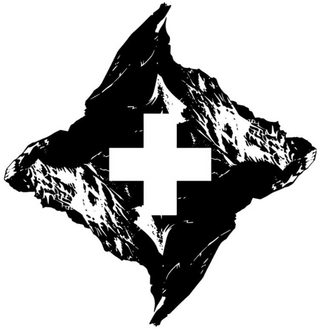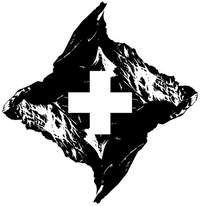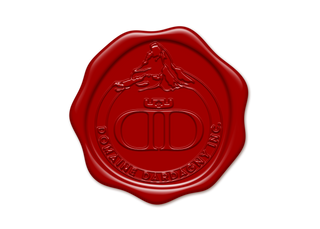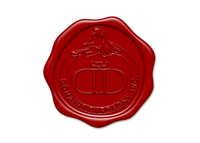A Familiar History of Independence
Swiss National Day, or Bundesfeier in German, is celebrated each year on August 1st, marking the birth of the Swiss Confederation in 1291. It commemorates the signing of the Federal Charter by the three founding cantons: Uri, Schwyz, and Unterwalden. This alliance was formed to resist oppression and foreign rule, laying the foundation for what would eventually become modern Switzerland: a nation rooted in independence, unity, and self-determination.
The Swiss didn't declare full independence from the Holy Roman Empire until 1499. I won't bore you too much with a history lesson today on the Treaty of Basel and the Swabian War. I'll save that for another day. The 1291 pact is widely regarded as the symbolic start of the nation. And fittingly, Swiss National Day isn't about military parades or political pomp, it's about local pride, shared heritage, great wine, and a quiet resilience.
It's a day of joyful reflection and a reminder that freedom, neutrality, and cultural diversity are values hard-won and deeply cherished in Switzerland.
From language to cuisine to craftsmanship, Switzerland is a nation of many voices and local identities, stitched together not by uniformity but by mutual respect. That's what August 1st is all about. It's why the celebration resonates not just with the Swiss but with anyone who values independence and heritage. That is why wine plays such a quiet yet integral role in the history of Switzerland and its cultural identity.
A Country of Winegrowers, Not Corporations
Switzerland is home to over 1,500 independent estate winemakers, a remarkable number for such a small country. These are families, farmers, and artisans who live on the land they cultivate, producing wines that reflect their personal histories, regional identity, and deep connection to place.
In Switzerland, wine is not just a product; it's a cultural identity. Free from pomp and circumstance, found in its neighbors. C'mon, our staple wine, Chasselas, is known as the breakfast wine for a reason! How do you get less pertentious than that? Generations of winemakers have preserved traditional methods while adapting to their terroirs with care and respect. This independence, passion, and heritage are precisely what embody Swiss National Day.
Unlike the global trend of wine conglomerates and corporate branding, Switzerland has little room for commercial wineries chasing trends or scale. That's not to say all large wineries are bad—but by their nature, many lose the "soul" of true estate winemaking. What they gain in reach, they often sacrifice in authenticity.
Swiss wine resists that tide. These wines aren't built in boardrooms, they're grown by hand, made with love, and crafted with purpose, often in quantities so limited they barely leave the village, let alone the country.
Wine at the Center of Swiss National Day
On August 1st, Swiss families gather for grilled sausages, potato rösti, raclette, chocolate, and of course, wine. Whether it's a crisp Chasselas from Vaud or a complex Cornalin from the Valais, wine flows freely at Swiss National Day celebrations because it represents the very values being honored: independence, craftsmanship, family, and pride of place.
Drinking Swiss wine on Swiss National Day isn't just festive—it's symbolic.
Want to Celebrate With Us?
To mark the occasion, we're doing something we rarely do:
20% off all Swiss wine, now through Monday, August 5th.
Whether you're a longtime fan or discovering Swiss wine for the first time, this is your chance to taste a piece of a culture that celebrates heritage over hype and quality over quantity.
Raise a glass to independence. To heritage. To the beautiful, rare things in life, like Swiss wine.





Leave a comment